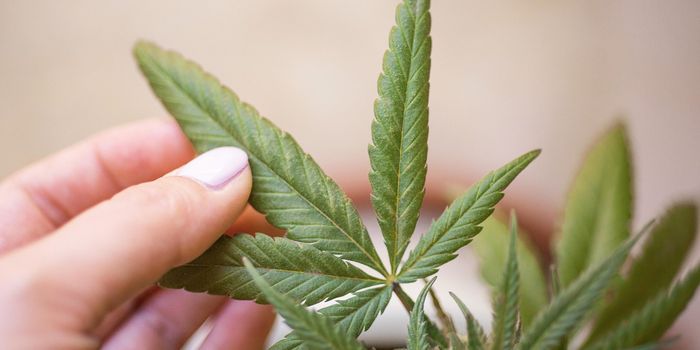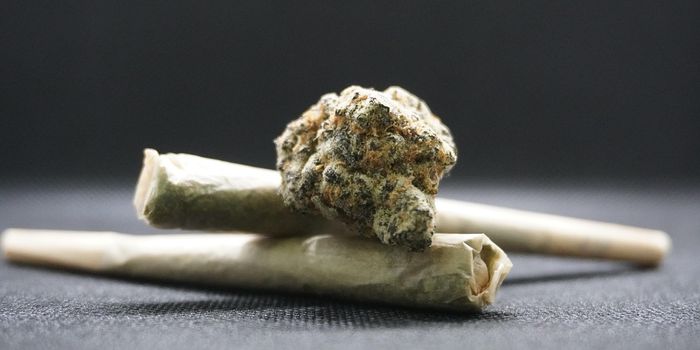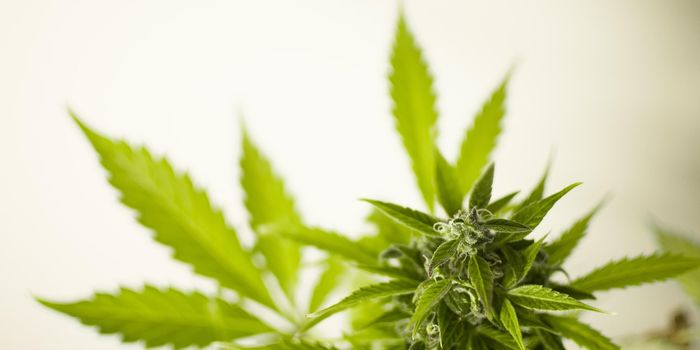Genetically Engineered Cannabidiol On the Horizon?
The Federal Drug Administration (FDA) in the United States very recently approved Epidiolex, the first phytocannabinoid based pharmaceutical using cannabidiol extracted from the Cannabis sativa plant, which was developed to treat intractable seizures in pediatric patients. The US is poised at a crossroads. The Drug Enforcement Agency (DEA) has until September 2018 to update the drug schedule status of the cannabidiol (CBD) in Epidiolex; it needs to be removed from the list of Schedule I drugs, the grouping which means that it has no medicinal value and is highly addictive, in order for US doctors to prescribe it. With this FDA approval the longstanding argument, that cannabis-based products like CBD have no medicinal value, is tenuous at best.
Researchers are optimistic that CBD, as a category, will be moved from the Schedule I list to a lesser regulated list. This broad move would allow researchers to jump through fewer hoops to allow for easier study of this non-intoxicating compound. One article author in Nature Communications this month quoted a cannabis researcher who said, “At the very least, the DEA ought to grant researchers an exemption permitting them to study CBD”.
Other areas in the world are not only producing cannabis and cannabinoids for medicinal use, they are genetically engineering cannabinoids using bacteria and yeast. One of the challenges of plant-based products in demand, is that the ability to extract the amounts needed becomes untenable. Some of these compounds, CBD or terpenes for example, are found in the plant at small levels. By creating genetically engineered CBD, there are some scientists in countries like Canada that are preparing for higher demand. Genetic engineering (GE) involves adding new DNA to an organism to imbue or enhance some component of the original, un-modified, entity.
We have seen GE in agriculture, animals, and now perhaps plant-based medicine. It is a remarkable feat of science that humans have derived a way to do this but there are concerns. GE critics are troubled by the lack of inadequate testing for harmful effects on animals or the environment. There are specific GE concerns spanning allergy development, increases in mutagenesis, antibiotic resistance, environmental damage, and what is called genetic pollution. Once the engineered organisms or products enter the closest biome, they cannot be controlled or “cleaned up”. There are many non-genetically modified organism (non-GMO) based products because of these apprehensions. It raises some ethical questions also. Alternatives include advanced crossbreeding approaches to generate better progeny.
To be sure, there are scientists in other countries preparing to forge ahead using biotechnological advances like this to help provide medicinal cannabinoids to consumers and researchers for further study.
Sources: Nature Communications, Grace Communications Foundation, AgBiosafety, Biotechnology Letters, The Californian,









